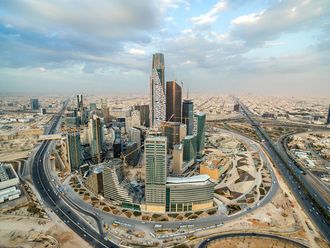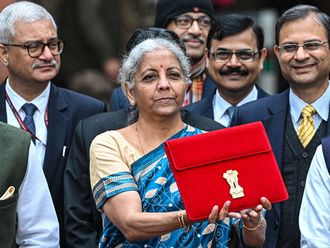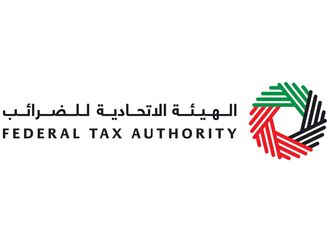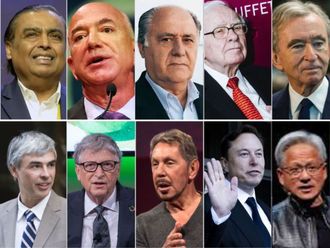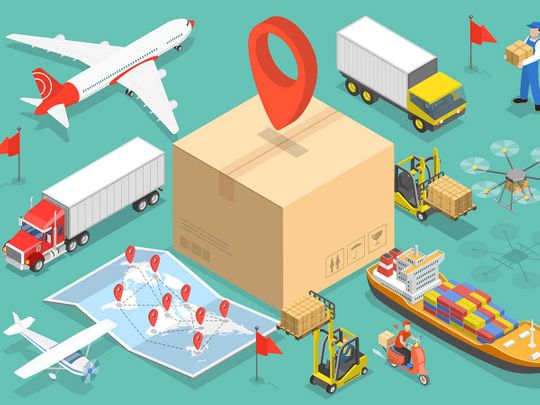
As GCC countries gain increasing leverage on global affairs, especially trade, the likes of the UK, China, India, Russia, Singapore, Brazil, Indonesia, and South Korea are awaiting free trade deals with Gulf economies. It is something that the UK has been pursuing keenly since Brexit, and other countries too are joining the race.
Recently, a spokesperson at the Chinese Foreign Ministry said: “We are ready to work closely with the GCC countries to promote our shared development.” This statement was followed by similar declarations from India, Singapore and South Korea, with which the GCC are still discussing possible free trade agreements.
In many cases, negotiations between the GCC and other countries have been ongoing for years, but with no significant breakthroughs. This is due to some countries trying to insert non-commercial issues into the negotiations, as was attempted by the European Union, which resulted in the suspension of negotiations for decades without an iota of progress.
Other reasons have something to do with unresolved aspects of joint Gulf action. The meeting of the Financial Cooperation Committee and the Trade Cooperation Committee of the GCC, held in January, revealed that there is a divergence on technical opinions and a lack of agreement on the powers of the negotiating team and the work mechanism with regard to the free trade agreement with China. This clearly means that there is disparity in evaluating these agreements.
Opt for bilateral deals
This disparity has prompted many GCC countries to engage in bilateral negotiations and free trade agreements with others. This represents a strategic move for these countries as they look to capitalize on new ways to enhance their trade position.
The fast pace of international trade, however, requires timely action, especially since the GCC countries have a unified customs tariff of 5 per cent, which provides a solid foundation for agreements and lead to speedy conclusion. Such agreements will certainly bring about a significant boost for joint action and their position in the international trade arena. Collective negotiation gives the GCC stronger bargaining power and the potential to attain additional gains compared to negotiating bilaterally.
Not empowering negotiators
The Financial and Commercial Cooperation Committee’s statement reveals a crucial flaw in the Gulf’s negotiating process. Such agreements require a high level of technical expertise to be executed seamlessly, and the absence of such powers for the Gulf negotiating team could prove to be a hindrance in negotiations with other countries’ well-equipped teams.
However, the Gulf team’s experience demonstrates that having full powers grants them a flexible edge in negotiations, avoiding the need for repeated delays. To ensure prompt resolution, it is imperative that the Committees be empowered to swiftly finalize free trade agreements.
Procrastination could lead to a growing divide in trade relations between GCC states, further delaying the completion of the Gulf customs union. After multiple postponements from 2003, it is anticipated to finally come to fruition next year. Any further delays, however, could be a major setback.
Hurdles to a joint customs union
With the signing of bilateral agreements, the establishment of a customs union becomes impossible, as it leads to unequal treatment of imported goods. Goods entering countries with free trade agreements will be exempt from customs duties, while the same will be subject to higher tariffs in other countries.
This disparity must be addressed through collective negotiations to create free trade zones. These agreements have gained significance as more countries and economic blocs have signed them, seeking to increase gains and enhance the competitiveness of their exports.
However, failure to establish these agreements could result in decreased competitiveness, leading to missed opportunities for growth.
The writer is a specialist in energy and Gulf economic affairs.



